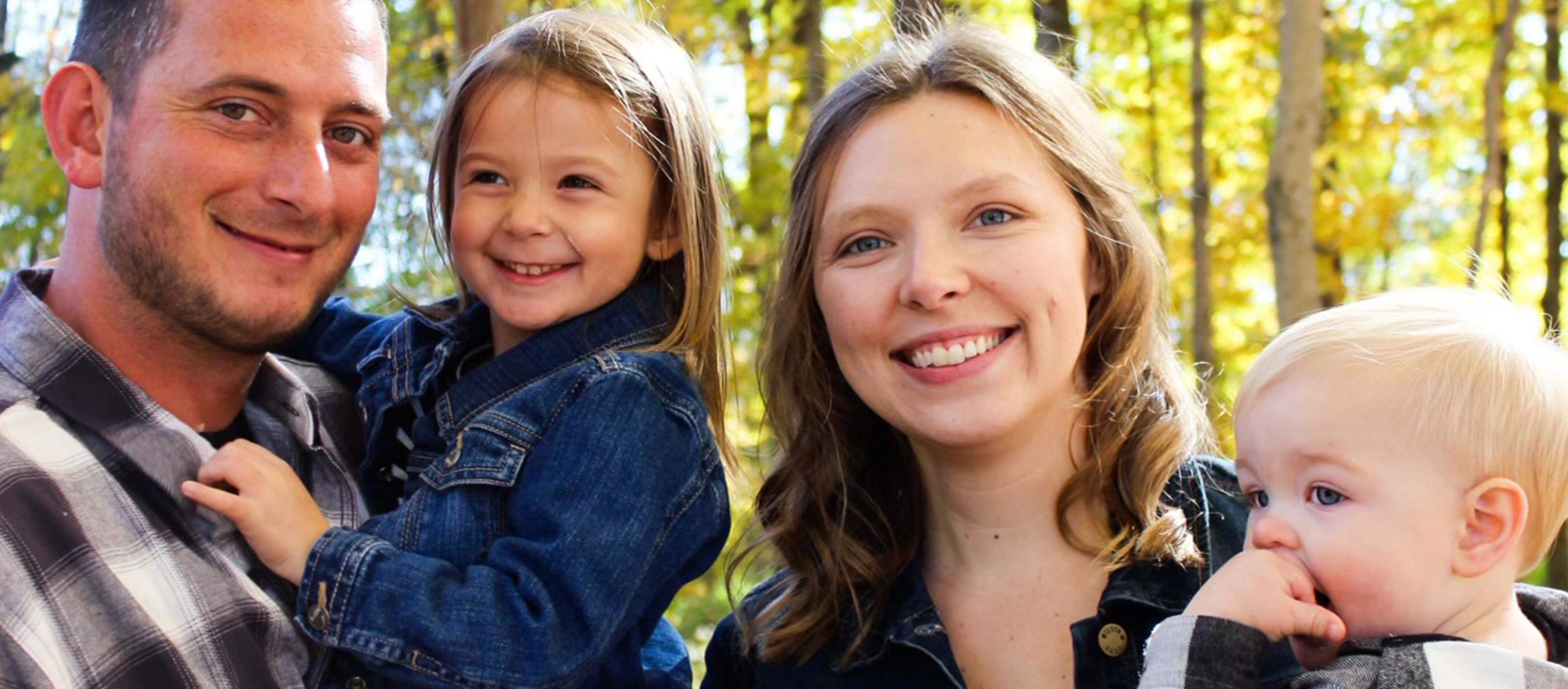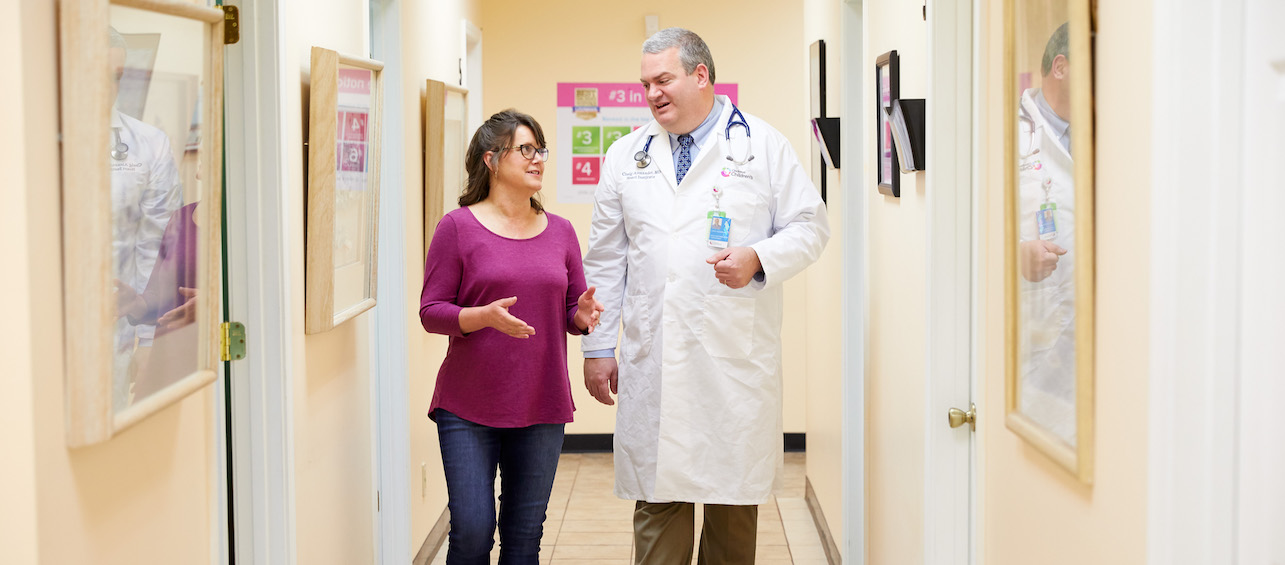Recently, I joined some colleagues from Denmark and the US to publish a study.
It found a higher risk of dementia in adults who were born with congenital heart disease (CHD). In particular, we discovered a significantly higher risk for early onset dementia before the age of 65.
Allow me to explain why we decided to study this question and how we came to our conclusion. Firstly, children with CHD are more likely than other children to have some form of neurodevelopmental delay. These delays are typically mild, although we observe more severe types as well. They can range from fine and gross motor delays, to issues with executive (social) functioning and attention defect disorder.
In addition, we also know that children with CHD are more likely than their peers to develop cardiovascular disorders (such as stroke and heart failure) in their adult years. Unfortunately, previous research teaches us that these cardiovascular disorders are an important risk factor for dementia. As a result, we wondered if children born with CHD, known to develop neurodevelopmental delays and cardiovascular disorders, were at a unique and higher risk for dementia.
It can be very hard to study outcomes like dementia. If you identify a child with CHD, you need to wait many decades before any suggestion of dementia appears. However, because of my research partnership with this team of scientists in Denmark, we were able to ask our question in a country where they have been keeping close record of their population since the 1960s. This allowed us to study adults with CHD older than 60, and adults of the same age without CHD.
We found a 60 percent increased lifetime risk of dementia in individuals born with CHD compared to the general public. In addition, and maybe more alarming, there is also a 160% higher chance of having dementia earlier than 65 years of age.
For parents of children born with CHD, I realize that this new information may be shocking and worrisome. Therefore, I want to highlight a few points that I hope are helpful when thinking about our research findings:
6 Things To Know About Dementia and Congenital Heart Disease
-
The absolute risk of developing early onset dementia is still quite low – even in the CHD population.
One reason the rate of dementia in CHD adults is much higher compared to the general population is that the risk is so low in the general public. Meaning, if you have 100 adults with CHD in their 50s, only a small number of them will develop dementia. It’s just the few that do develop dementia in their 50s is greater than what you would observe in the general public in their 50s.
-
The group of adults we studied is very different from the current pediatric population with CHD.
The adults we studied who were born with CHD and survived into their late adult years likely had a very different medical care plan for their CHD compared to present day. We think this is noteworthy to mention because the makeup of our current pediatric population who will age into their late adult years will probably be different from the group we studied.
-
This study does not prove causation.
With this study, we only looked at the two groups comparatively. So, we don’t know why they develop dementia. We can postulate that because they have neurodevelopmental concerns and often acquire other cardiovascular issues, that it can lead to early onset dementia. But this is only speculation. This leads me to my next point:
-
We need more research to understand who is at risk, why they’re at risk, and what we can do.
Until we know who is at risk and why, we don’t have a way to prevent it. We plan to continue studying this group. We’d like to determine if certain factors in their lifestyle contributed to or protected them from dementia.
-
We assume that general dementia prevention tools could apply here.
In general, we know that exercise, healthy diet and consistent intellectual stimulation are beneficial to help ward off dementia. We have no reason to believe that those same prevention methods couldn’t apply to adults with CHD.
-
Maybe most importantly, this reinforces the need for lifelong care by a cardiologist who specializes in CHD.
The issues that adults with CHD encounter are very different from the issues adults with acquired heart disease face. A cardiologist specializing in CHD will help you identify and navigate these issues as they come up. And when we know more about the causal relationship between dementia and CHD, you will be with the right subspecialist to help you implement preventive recommendations.
In America, there are more adults living with CHD than children. This adult population is only going to grow, as more children are surviving with advanced technologies and procedures. This is why more research is needed to understand what new issues these patients will encounter and how we can help them thrive into their late adult years.
To learn more about the Heart Institute at Cincinnati Children’s, please call 513-636-4432 or fill out an online form for more information.





